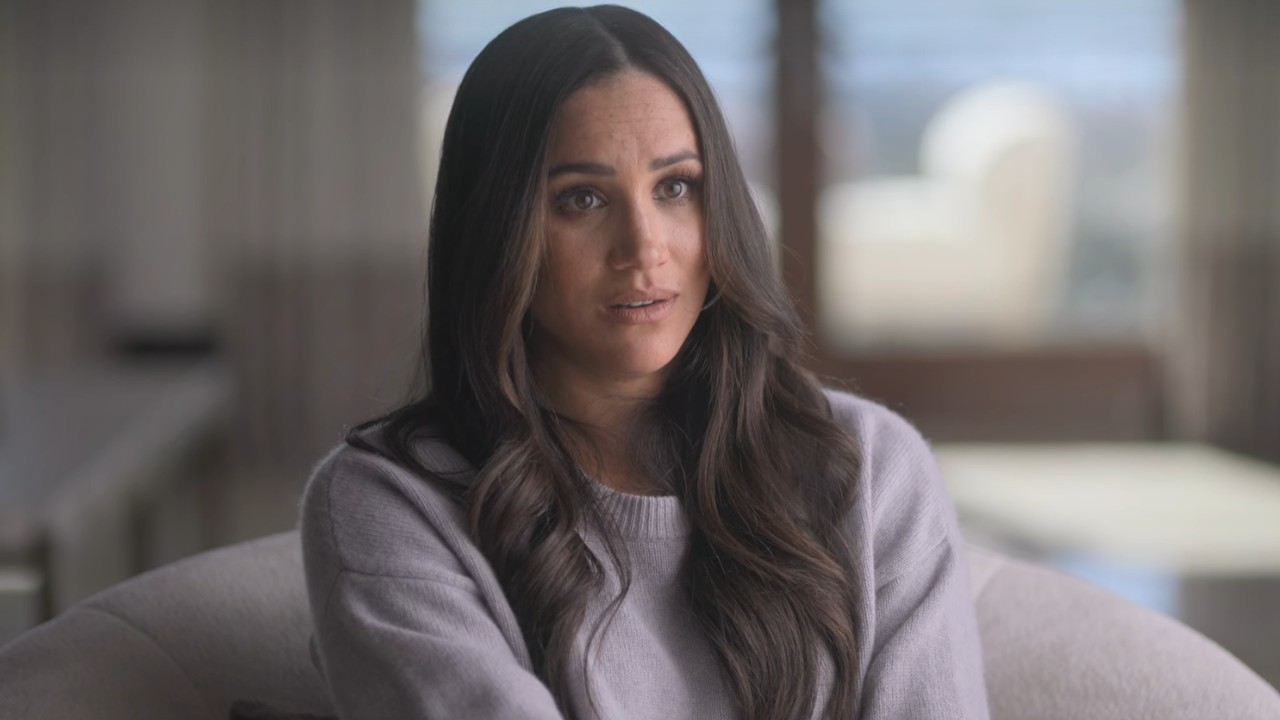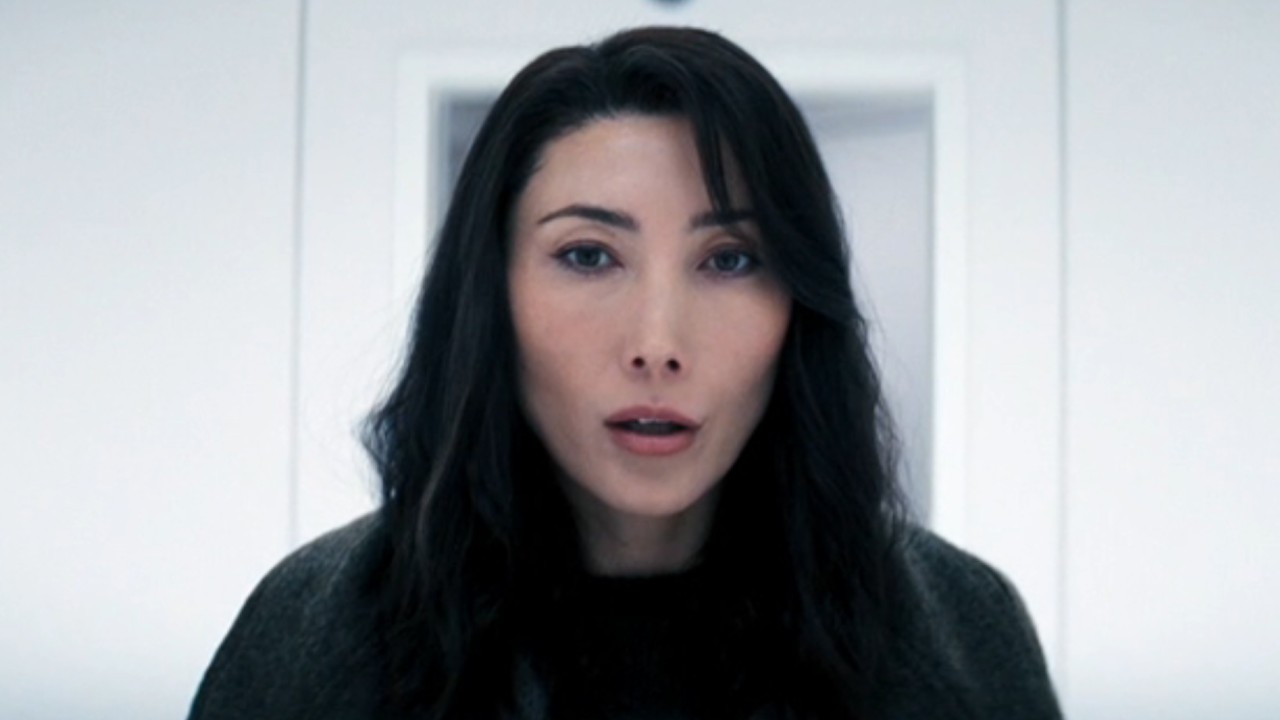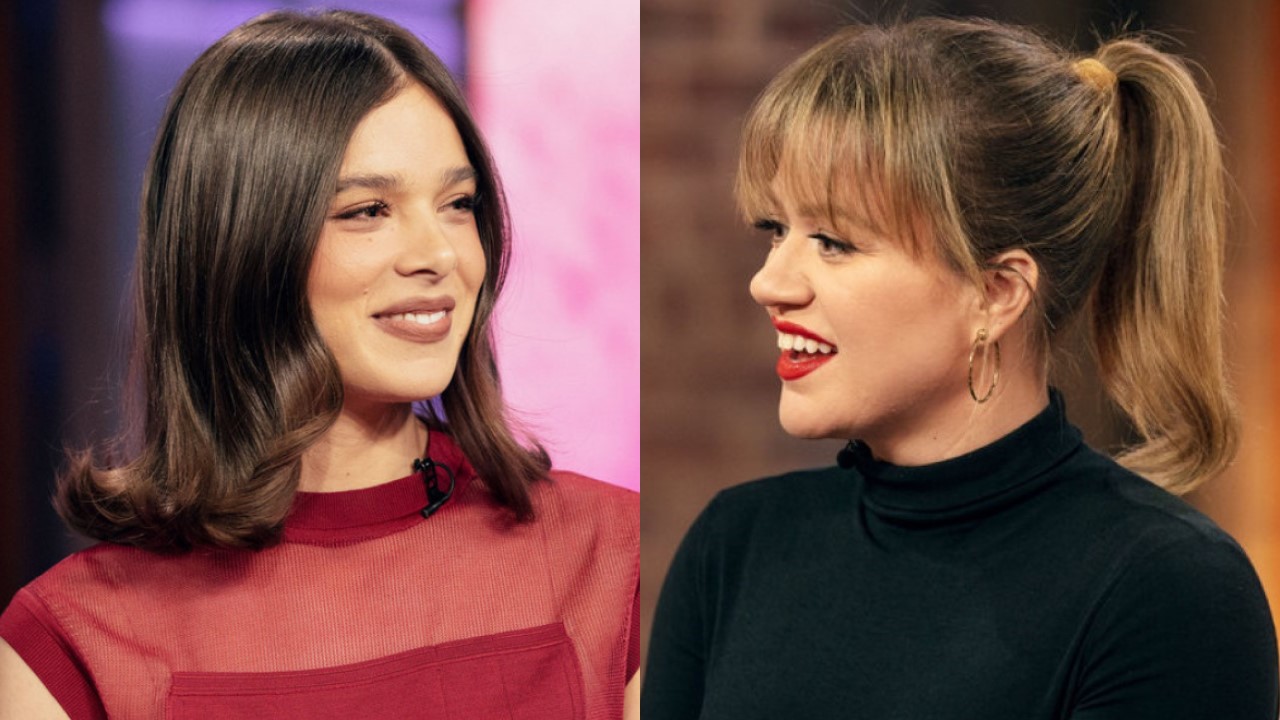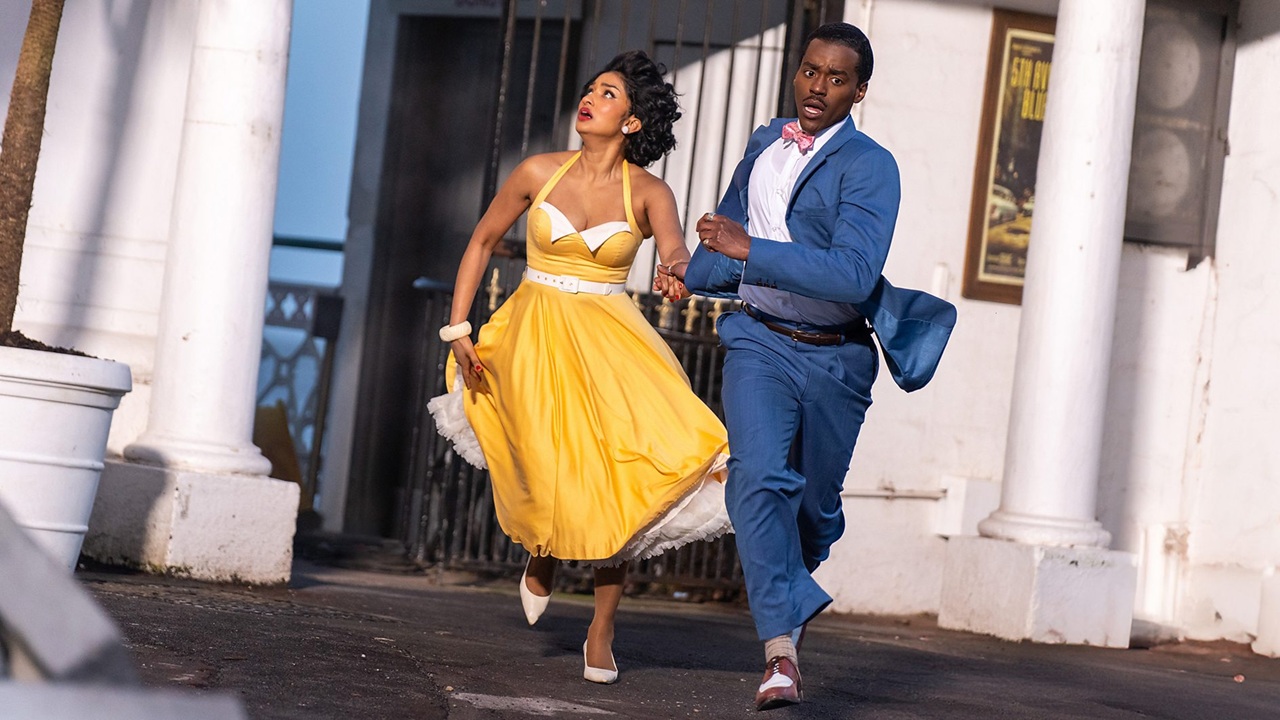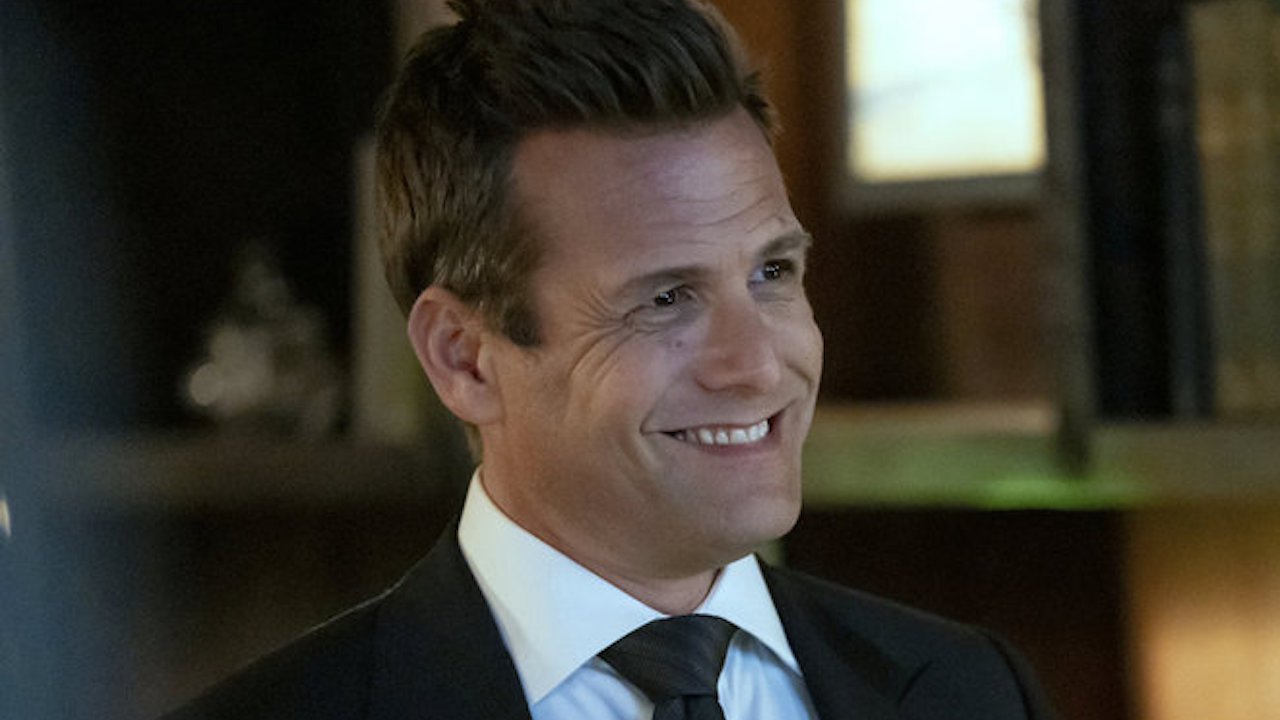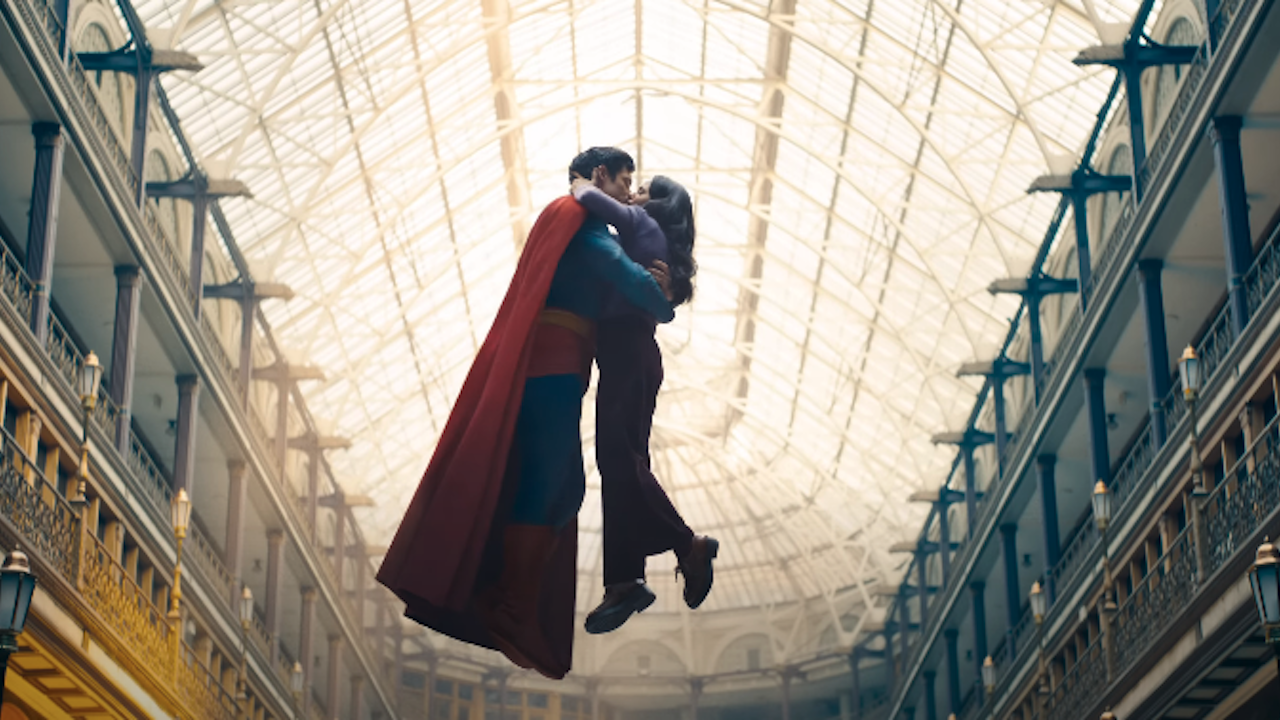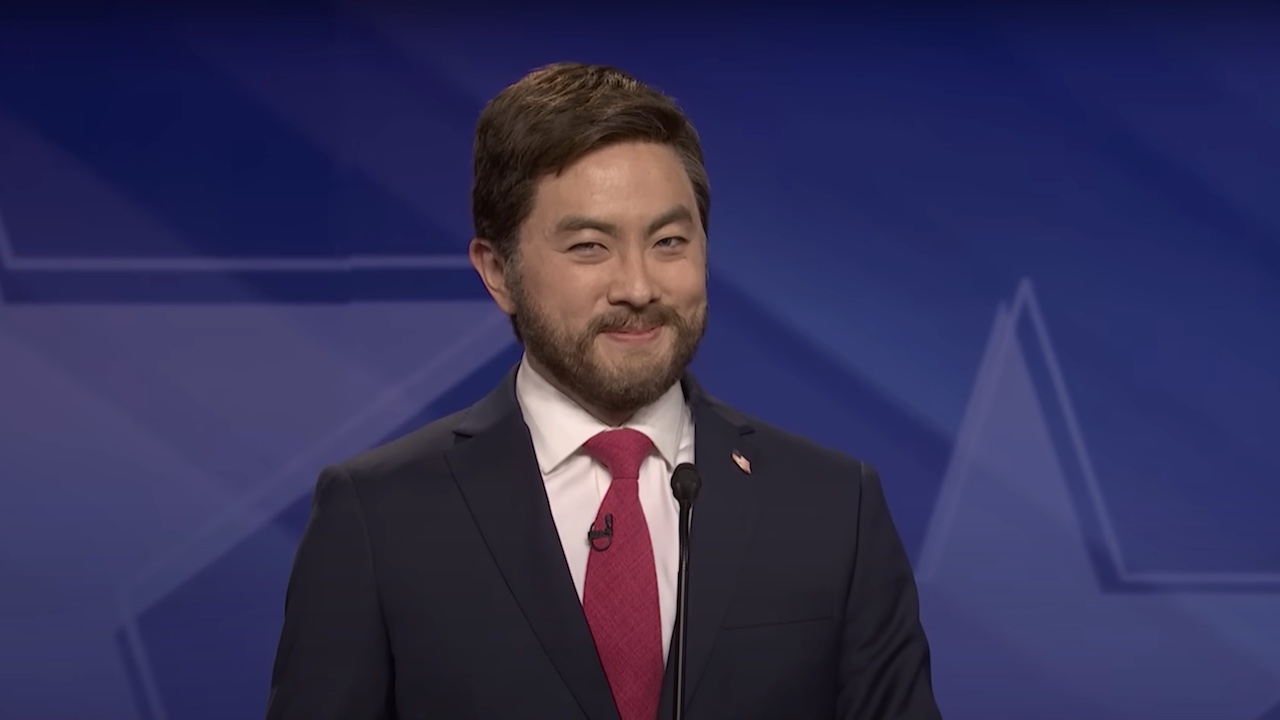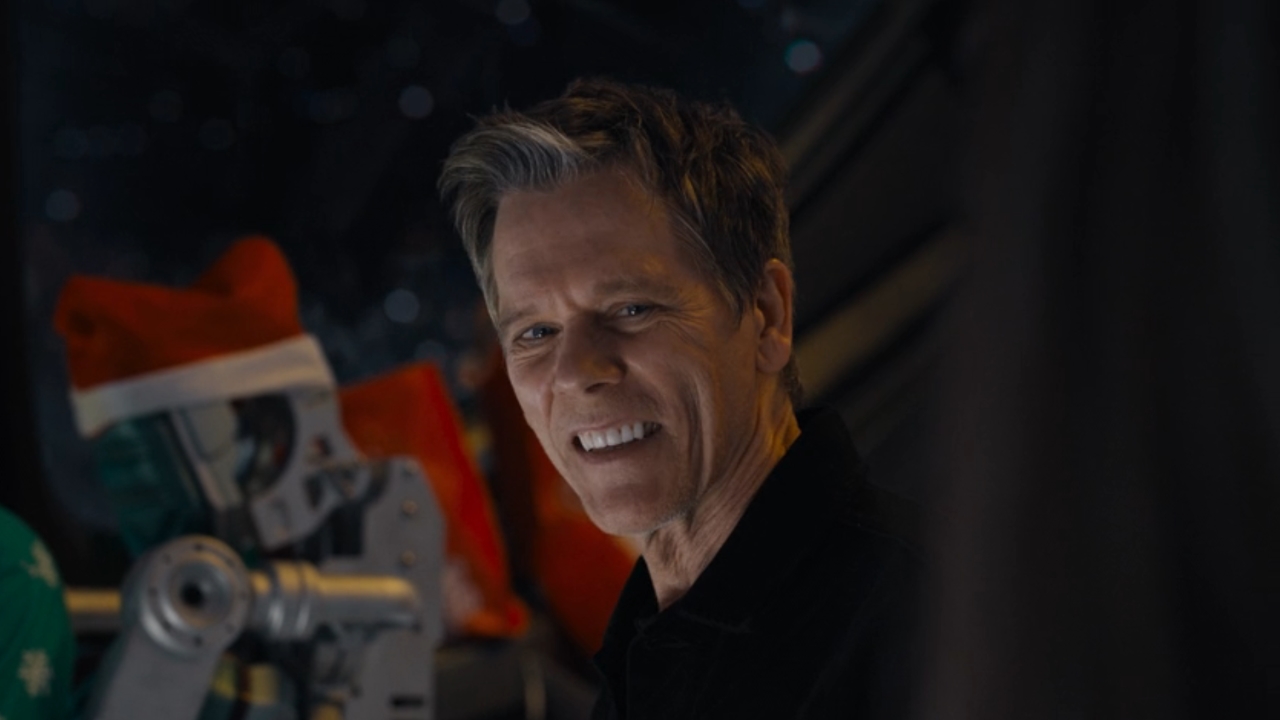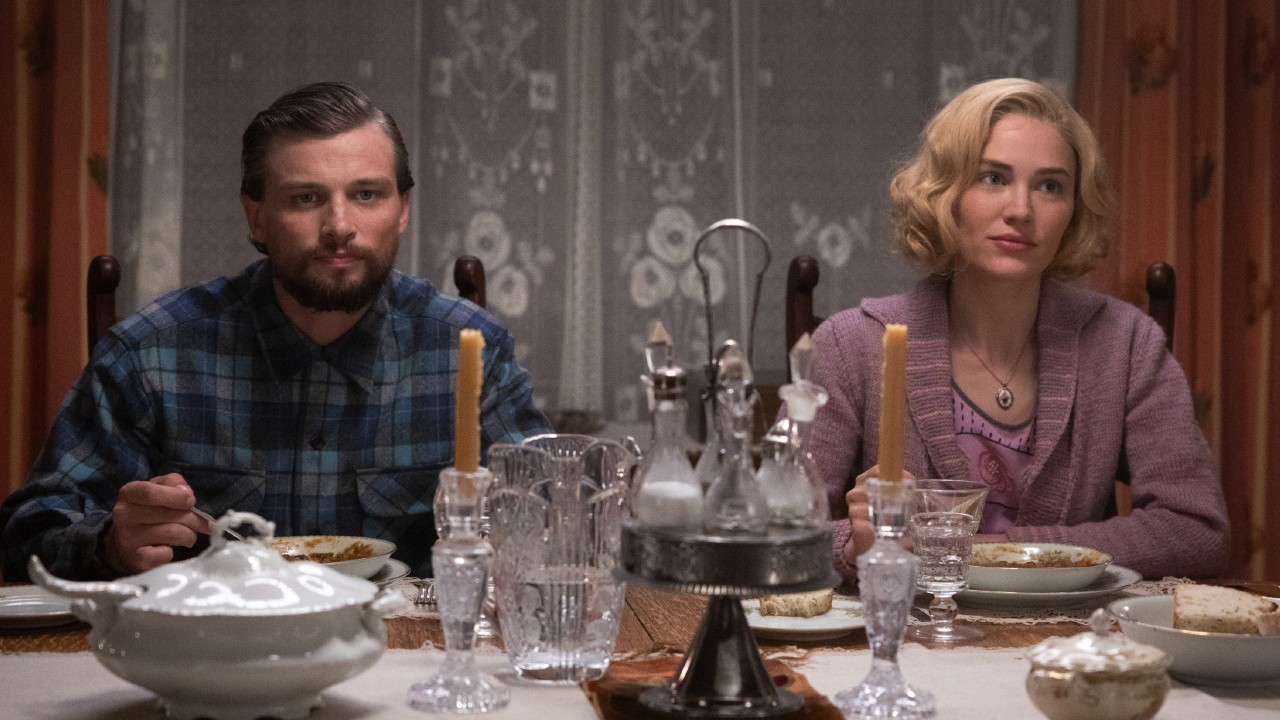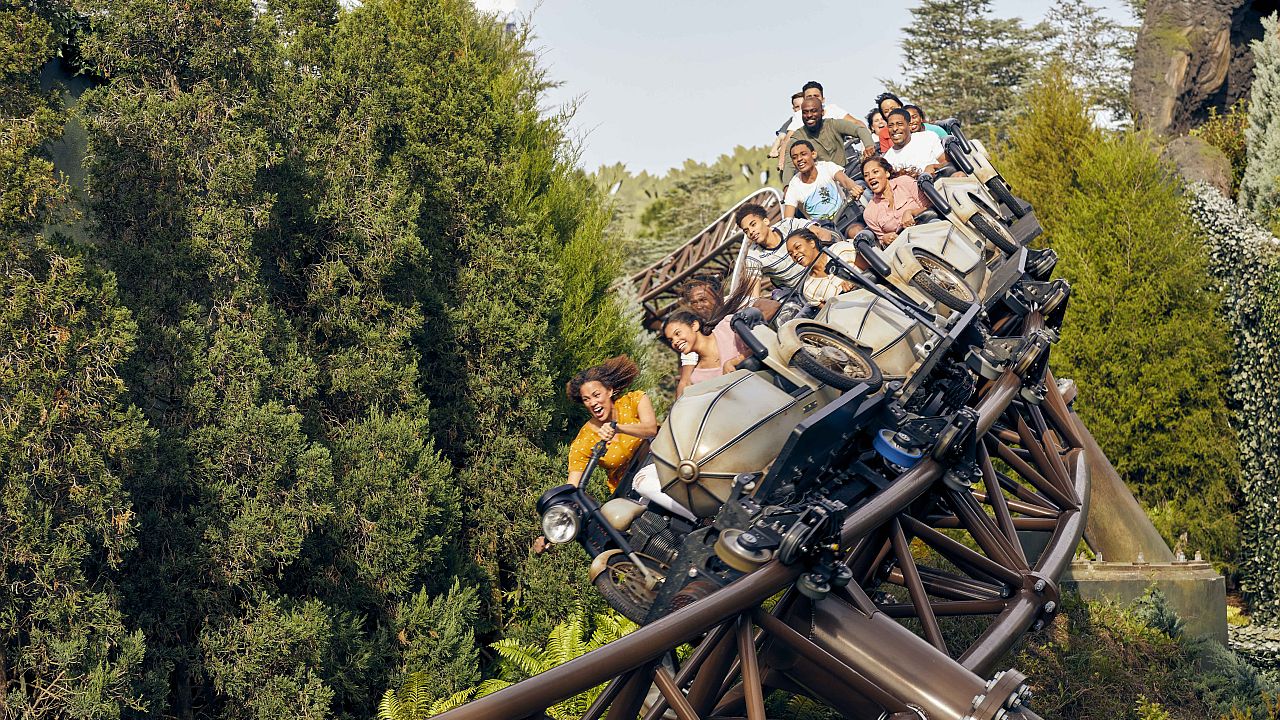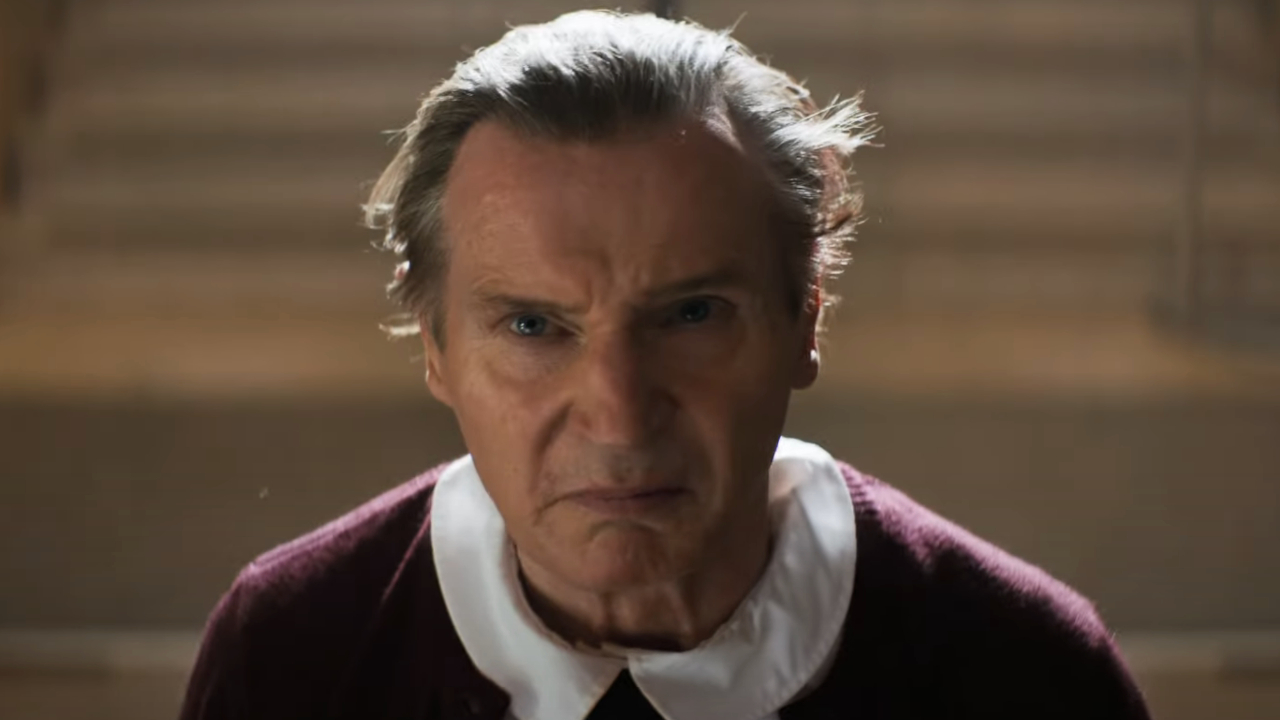The 5 Best Character Arcs In The Marvel Cinematic Universe
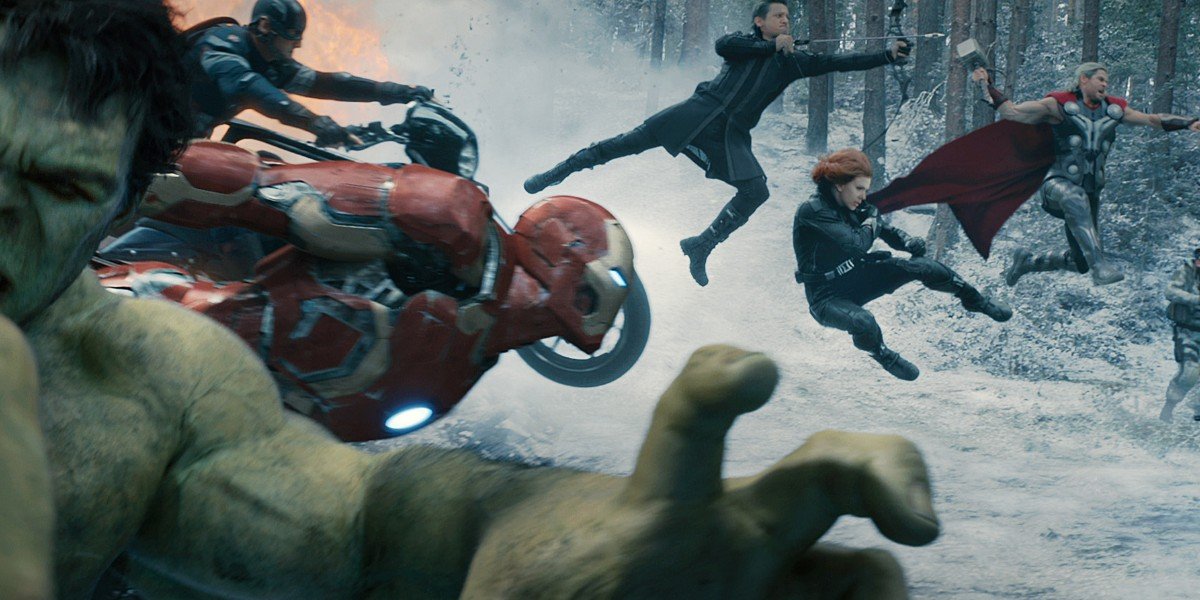
The Marvel Cinematic Universe has produced one of the boldest, most expansive cinematic experiments in history. An interconnecting, overlapping and constantly growing web of stories, events and a multitude of characters tied together through one gigantic on-screen universe, the MCU allow these characters to connect and grow in a variety of different ways — often through different films and constantly evolving new storylines. Only in the comics has there ever been a chance for superhero characters to expand and develop in rich and distinct ways, and that's one of the many reasons why audiences everywhere have continued to revere these huge movies and its quickly expanding on-screen universe — even as it grows even bigger.
With nearly two dozen movies inside this full-fledged cinematic universe, Marvel has allowed some of their most pivotal and sustaining movies to grow and flourish in entertaining and engaging ways. With a nice mix of action, adventure, comedy and drama, the Marvel Cinematic Universe has given a number of super-heroic characters the grand opportunity to develop in a variety of compelling ways. That's why we are going to take this moment to recognize some of the best examples of character development thus far inside the MCU and try to explore which characters have changed the most.
We should note at the top that we're going to primarily focus on the characters who feel as though they have closed their arcs in some fashion or another, or are almost over. While the character development for characters like T'Challa/Black Panther and Peter Parker/Spider-Man has been strong, they are still growing in their respective movies. (Assuming, of course, regarding Spidey, that Sony and Marvel eventually come to their senses and patch things up again...) With a multitude of movies and a whole lot of screen-time, we've seen these characters at their highest and lowest points. And it is through those moments in particular that we saw their arcs, the ways they grew through struggle and how they fought through great pain.
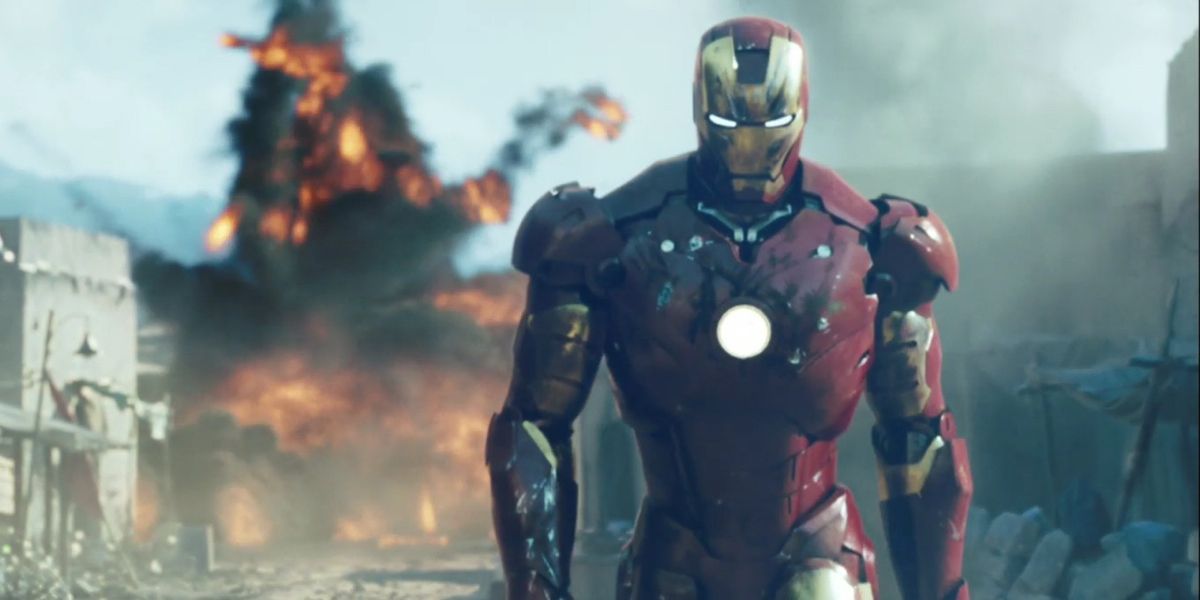
Tony Stark/Iron Man (Robert Downey Jr.)
In the opening moments of Iron Man, Tony Stark is anything but a hero. He is a party boy billionaire who makes weapons of mass destruction for very powerful and dangerous leaders, and he's a whip-smart businessman who ultimately has more interest in the money he is making rather than the lives that he is damaging with his powerful tech. But when he finds himself in grave peril, with his life on the line and in need to re-evaluate his decisions, Tony Stark paves the way for his greatest creation: Iron Man, an machine-made war hero crafted from revolutionary tech which allows him — in a firm sheet of armor — to bring down the bad guys and save the day in the name of truth and justice, which are values that once meant nothing to Stark.
Later on, Tony Stark found himself in touch with his humanity (even with his robotic heart) by joining The Avengers and learning to trust others where he previously only put trust into himself (and his billion dollars ideas). This great change of heart for Tony Stark (in both ways) allowed the character to become more fully fleshed and more realized, making decisions that led to him finding his strength in numbers outside of his high bank account. Later, as his loving relationship to Pepper Potts grew more serious, Tony Stark also found himself become an unsuspecting parental figure, watching out for a young boy named Peter Parker, who undeniably reminds the tech billionaire of a younger version of himself, filled with reckless ambition and desire.
This paves the way for a greater sense of maturity for Tony Stark, and that is something that continues to be found in his final adventures, when he builds a family life with Pepper Potts and has a child of his own. By the end of Avengers: Endgame, Tony Stark sacrifices himself for the good of the whole universe in a brave act that is wholly selfless and, naturally, a stark departure from the man we once knew all the way back in 2008's Iron Man.
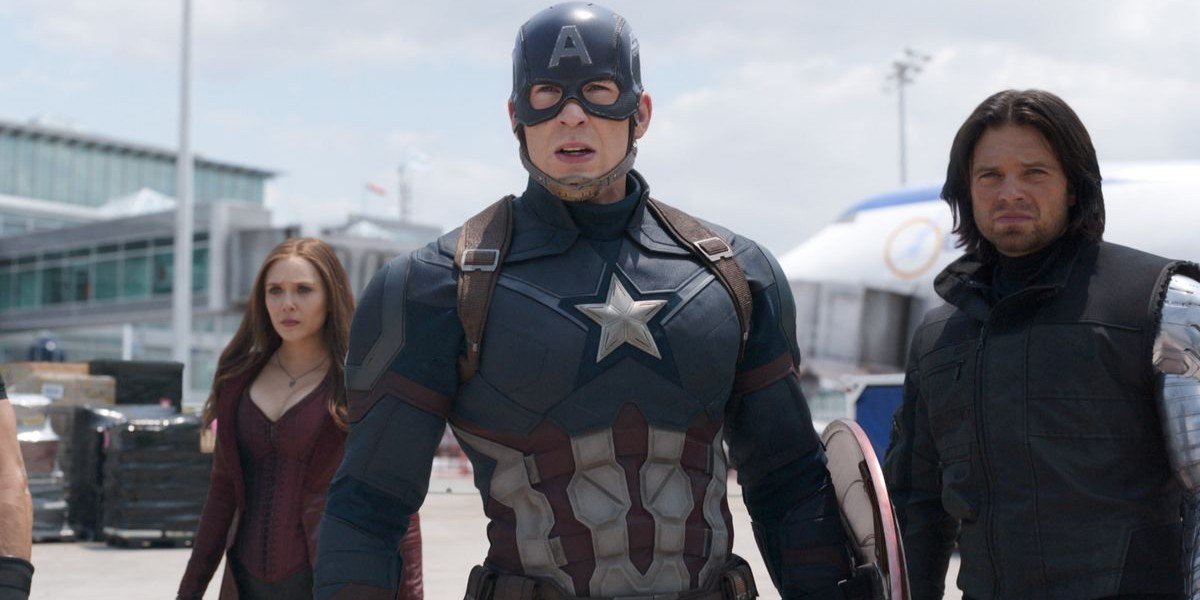
Steve Rogers/Captain America (Chris Evans)
In his introductory film, the underrated 2011 period piece Captain America: The First Avenger, we see Steve Rogers as a small, good-hearted innocent who simply wants to do his part for his country and for his fellow men. But his bellowing patriotic duty is ultimately outsized compared to his short stature and scrawny frame, before he becomes the test subject of an extraordinary serum that gives him superhuman strength, size and build, the likes of which have never been seen so rapidly before. But his heart stays true, and Steve Rogers carries his waving flag throughout his journey fighting in the name of America. Eventually, he adopts the title of Captain America, and fights Nazis and other prevailing evils throughout the world.
CINEMABLEND NEWSLETTER
Your Daily Blend of Entertainment News
Throughout The First Avenger, Captain America is lead to make a choice that'll find him frozen for generations to come, waking up in a completely different decade and time. He handles this situation as best as one can, ultimately, but Steve Rogers is always a man whose out of place and time. In his idyllic headspace, however, Rogers continues to see the good in this country and the need to continue fighting for what is best, noble and true.
But in time, Captain America grows to realize that the people he trusted can't always be counted upon, particularly when S.H.I.E.L.D. is compromised and The Avengers are disbanded. Captain America realizes that he'd rather become a war criminal than to do something that ultimately goes against the fundamentals of American freedom — at least, as he perceives it. He lives in seclusion until he must re-team with The Avengers to defeat Thanos.
But when Thanos wins, Captain America finds himself filled with great grief and remorse, realizing that he cannot always save the day no matter how hard he punches his foes in the face. Eventually, though, the day is saved through the magic of time travel, and Steve Rogers uses this extraordinary ability not to help his country, but to live the life that he always wanted for himself. He gets a chance to think for himself rather than the lives of others.
More specifically, Steve Rogers uses time travel to live his life with the woman he loves, which is something that's fundamental to the American Dream, but a misty-eyed hope that has often been fleeting for Steve Rogers due to the circumstances of his country-and-world-saving. Later, as an old man, Steve comes back to his former timeline, wistful and proud, and feels a sense of catharsis that can warmly be seen in someone who has finally gotten to live their own life, away from the expectations thrown upon Captain America over time. He finally saves himself rather than his country.
It is one of the most emotional and impacting moments in the MCU, and it resonates because it's a simple but charming fantasy given the depth and gravitas that it needs to thrive through a number of movies featuring or centered around this character. Steve Rogers always put others before himself before deciding it was time to live the life he's always wanted to live — outside of saving the world and helping others through moments of great peril.
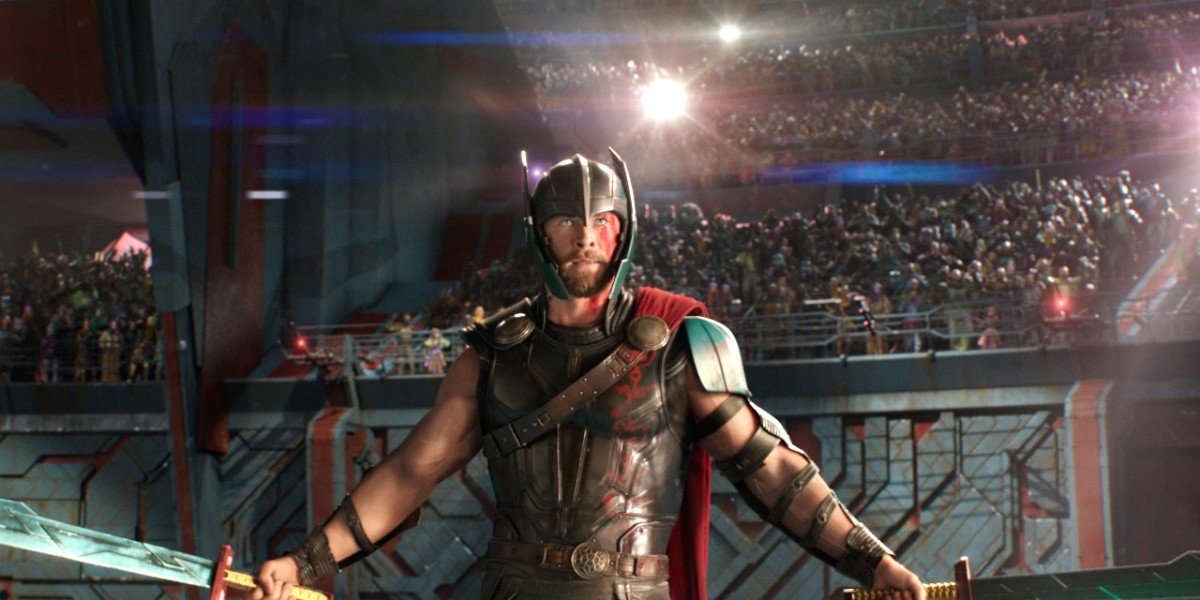
Thor (Chris Hemsworth)
Similar to Tony Stark, Thor had a cocky god complex, one that makes him believes that he was better, stronger and more resilient than anyone. Thor's god complex was slightly more understandable, however, since he was literally a demigod. Nevertheless, after years of living on Asgard, Thor finally gets a chance to get in touch with his human side when he crash-lands on Earth. He meets a small band of scientists, falls in love with a human named Jane Foster and later takes on his mischievous half-brother Loki in an super-heroic attempt to save a helpless planet he once didn't know.
Over the course of The Avengers, Thor learns to work as a team with a band of mismatched heroes with competitive egos. The God of Thunder finds himself in a state of flux, not quite sure of himself from both a character and creative standpoint until Thor: Ragnarok, where Thor must lose everything he values (which includes his hammer, his homeland, his girlfriend, his hair, his eye, etc) in order to find what this lowly demigod values the most — and what ultimately means the most.
Still, Thor's depression weighs heavily on him, having lost his home planet and all, and it's increased after the personal failure of Thanos, who killed numerous Asgardians and left half the population of the galaxy wiped away after obtaining the Infinity Stones. Sulking, Thor finds himself living low in New Asgard, which was relocated to a quaint small dwelling, and he spends his days ignoring his responsibilities, believing he's not worthy of his title.
Nevertheless, Thor comes back to help his Avengers buddies in their time of great need, and he plays a part in the galaxy-saving. Once it's all said and done, however, Thor realizes that he might not be the best person (i.e. a demigod) for this thunderous duties and responsibilities, so he hands off his duties to Valkyrie, and he joins the Guardians of the Galaxy on their journeys. It's the quest of a character who finds himself living in a state of total self-absorption, believing that he was best and the mightiest. It was ultimately through saving the day several times over that Thor was acquainted with his humanity, and he sees that it's through being both a god and a man that one can ultimately live out their grand lives to the fullest. But we'll see him again (maybe for one final time) in Thor: Love and Thunder, which will introduce the exciting development of Jane Foster becoming The Mighty Thor.
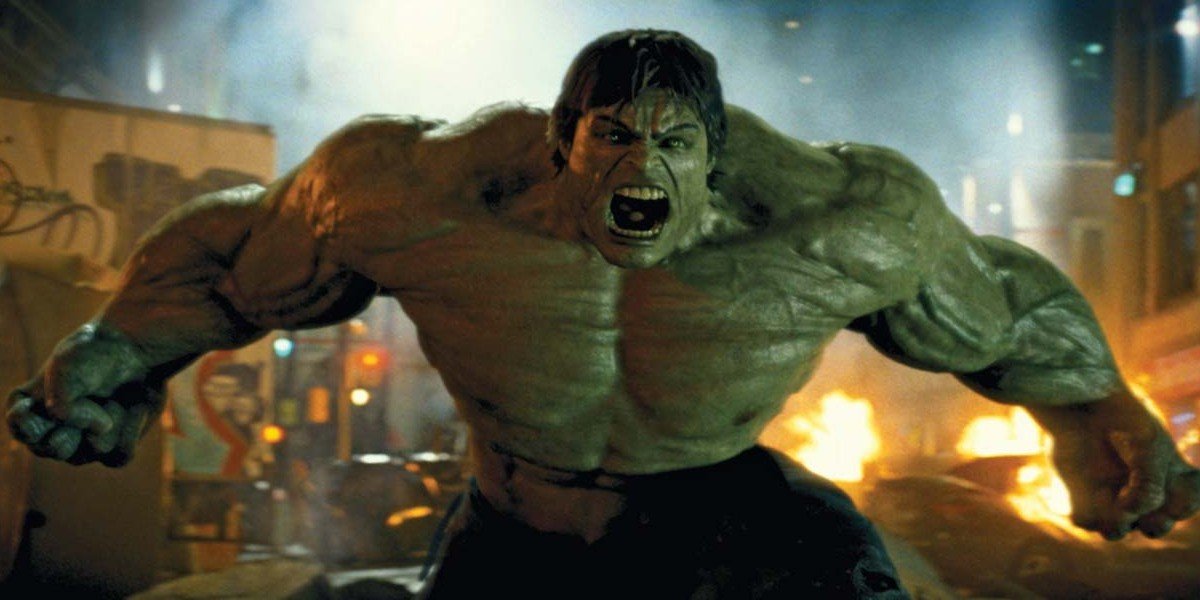
Bruce Banner/Hulk (Edward Norton/Mark Ruffalo)
Bruce Banner is someone who changed so much, he literally became a different person — both in terms of the character actually becoming the big green meanie lughead and the producers rotating the A-list actor playing the part of Bruce Banner. He is a character caught between two different personas. One is a mild-mannered scientist trying to keep himself and his fragile emotional center in check; the other is a total raging monster who only causes chaos and destruction in his wake, most particularly when Bruce cannot keep his burning emotions of anger and vicious fury in check.
This fantastical inner battle, which obviously becomes a bit of a Jekyll and Hyde-scenario, causes Banner to try to commit suicide — which the Hulk outright rejects. The Hulk literally spits the bullet back out. Thus, it's a battle that continues to haunt the character of Bruce Banner. Even when he uses his vengeful powers for good, he can't help but feel guilt over the damage that he causes and the destruction that's inevitable with the Hulk.
By the end of The Avengers, an invigorated Bruce Banner learns to channel his rage in a more suitable, if not entirely healthy way ("I'm always angry"), making it apparent that Bruce and Hulk are learning to work together — if not quite on ideal terms just yet. Later, in Avengers: Age of Ultron, it is made clear that Bruce returns to his more human form through their unexpected love between Banner and Black Widow, which helps him keep his center.
The ongoing inner conflict between Hulk and Banner continues to be a loud and persistent one, with the Hulk taking over for two-three years time with no input from Bruce Banner. But that ends in Thor: Ragnarok, when Thor and Bruce team back together to return to Earth and try to stop Thanos' reign of terror. When Bruce returns to Earth in the midst of Thanos-related chaos, it finds that Hulk simply doesn't want to come out, which causes many obvious problems. When the world cannot be saved, Hulk and Bruce Banner soul-search and we get Professor Hulk, an unlikely combination that's ultimately the most harmonious match one could possible ever hope to find between these two very distinctly different and angry personalities.
And that results in an entertaining and compelling look at how one character chooses to fight his battle. Rather than simply ignoring the vengeful spirit that is inside him, Bruce learns to work with it and grow with it to the point where the two are able to become one wholly unlikely team in harmony. It's a nice resolution that might not be the full end of the character (there's a chance that Hulk will find some time to catch up with She-Hulk over at Disney+), but it seems like a final point for now, and it's one that comes with many surprising bits of humor and heart for a character with such a weighted conscious earlier.
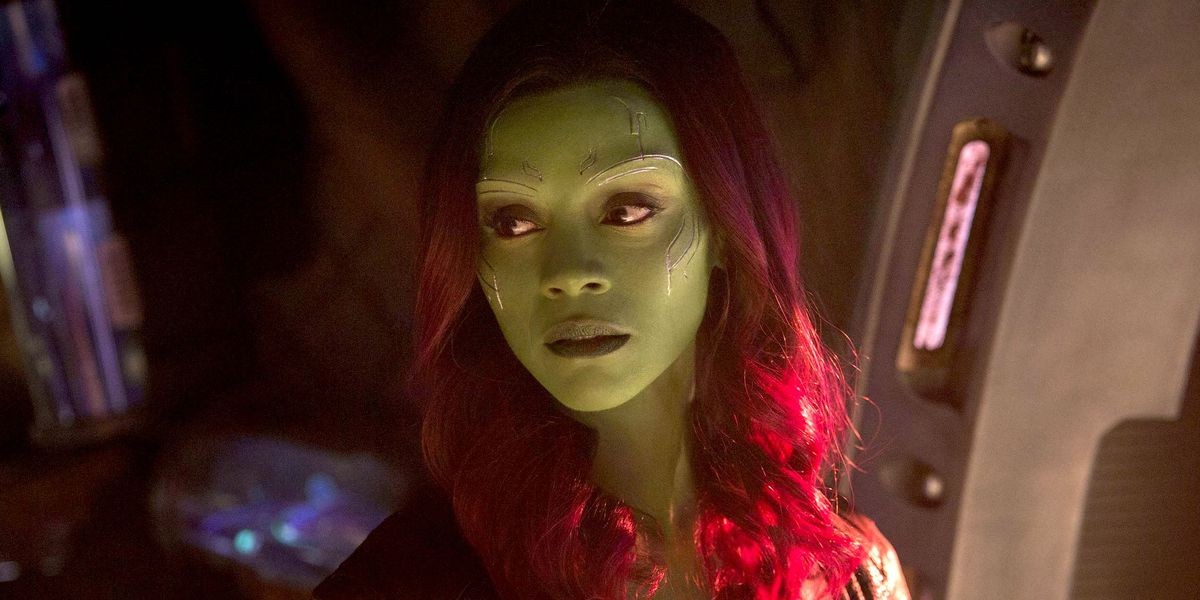
Gamora (Zoe Saldana)
While Gamora wasn't exactly the main character during her cinematic introduction in 2014's Guardians of the Galaxy, she has grown and flourished into one of the most compelling and investing characters inside the ever-growing Marvel Cinematic Universe. The adopted daughter of Thanos and a former assassin who holds a lot of resentment about how she was raised and how she was fostered under Thanos, like her fellow Guardians of the Galaxy, Gamora is a loner who found the unlikely company of her fellow rejected space-based allies. And it's under their wayward friendship and care that Gamora began to find her sense of self-worth and the sense of family that she never truly found in full throughout her life, which helped her grow.
Gamora knows that she needs to defeat Thanos, but it's not an easy task. Beyond being the purple alien that raised her into the woman she is, Thanos is an undeniably strong and powerful galactic being who does not take kindly to any and all attempts to take him down. Even when she's aided by her fellow Guardians of the Galaxy, Gamora is unable to stop Thanos. But she does find herself through her loving oddball relationship to the other Guardians. And when she finds herself following him on his trails towards the remaining Infinity Stones, it ultimately comes at the cost of her life.
But it is through Gamora that we see the rare bit of sensitivity found in Thanos, and it's clear that it is through her blooming romance with Star Lord that Gamora is finding her own sense of sympathy, which is often under a thick coat of resentment, bitterness and fear of vulnerability. Through a tortured childhood and deep-seated trauma, it's clear that Gamora has found and fought a great many difficulties in her life, but she still stays strong.
Through her makeshift family, Gamora has grown into a developed and richly realized character, and one that tragically found her life taken in her quest to save the galaxy and beyond. But something suggests that Gamora will return, like in the third Guardians of the Galaxy movie, and it's clear that the narrative/character building blocks were put into place to turn her (suspected) return to the fold into a grandly emotional, meaningful moment. More specifically, with the younger version of Gamora that we saw in Avengers: Endgame likely playing a big role in her eventual return in Guardians of the Galaxy Vol. 3. That wouldn't be the case unless Marvel provided the building blocks through which Gamora could rise and prosper into a fully-developed character.
These are only a handful of the well-developed characters that we've seen throughout the Marvel Cinematic Universe. And there are obviously a ton of other examples that we could pick from. Specifically, I was thinking about including Jarvis/Vision at one point. We are sure you have your personal favorites too. Let us know in the comment section below which characters you feel have the strongest character development throughout the MCU.
Will is an entertainment writer based in Pittsburgh, PA. His writing can also be found in The Playlist, Cut Print Film, We Got This Covered, The Young Folks, Slate and other outlets. He also co-hosts the weekly film/TV podcast Cinemaholics with Jon Negroni and he likes to think he's a professional Garfield enthusiast.
People Complaining About Liam Neeson In The Naked Gun Should Remember A Key, Special Part Of The Original
Meghan Markle Made Another Polarizing Move On The Way To A Broadway Show: ‘Absolutely Abnormal’
The Fun Way Severance's AD Used Jurassic World To Help Dichen Lachman Navigate The Show's Wild Hallway Scenes

